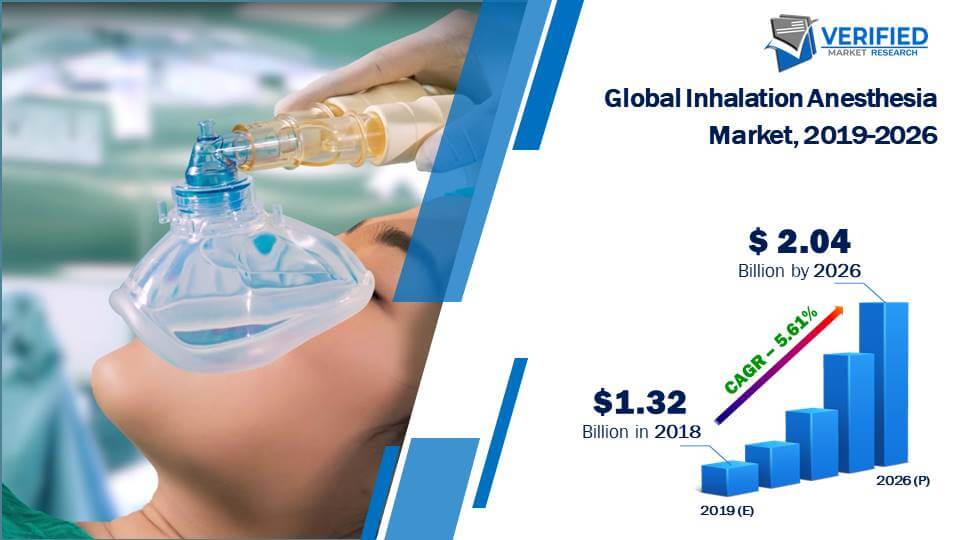
Inhalation devices play a crucial role in the management of respiratory conditions, offering relief to millions of individuals worldwide. These devices, designed to deliver medication directly to the lungs, have transformed how we approach the treatment of asthma, chronic obstructive pulmonary disease, and other respiratory disorders. With advancements in technology, the field of inhalation devices continues to evolve, providing more efficient and user-friendly options that enhance the patient experience.
One of the key players in this industry is Aptar, a company renowned for its innovative approaches to inhalation solutions. Their commitment to improving healthcare through advanced delivery systems is evident in their diverse range of inhalation devices. As we explore this world, we will delve into how these devices work, their importance in respiratory therapy, and the latest developments that are shaping the future of inhalation management.
Overview of Inhalation Devices
Inhalation devices are essential tools used for delivering medication directly into the respiratory system. They play a crucial role in treating a variety of respiratory conditions, such as asthma, chronic obstructive pulmonary disease, and other lung-related disorders. These devices allow patients to inhale medication in the form of aerosols, powders, or mists, ensuring rapid absorption into the lungs and providing immediate relief from symptoms.
The market for inhalation devices has grown significantly, with various types available to cater to the diverse needs of patients. Metered-dose inhalers, dry powder inhalers, nebulizers, and soft mist inhalers are some of the common devices used today. Each type has its unique mechanisms and benefits, allowing healthcare providers to prescribe the most suitable option based on the patient’s condition and preference.
Companies like Aptar are leading the innovation in developing advanced inhalation devices. Their commitment to enhancing patient experiences and improving medication delivery methods has made a significant impact in the field. As technology evolves, new inhalation devices continue to emerge, promising better efficacy, ease of use, and improved patient adherence to prescribed therapies.
Aptar’s Innovative Solutions
Aptar has established itself as a leader in the production of inhalation devices, creating cutting-edge solutions tailored to meet a range of respiratory needs. By focusing on user-friendly designs and reliable performance, Aptar develops inhalation products that enhance medication delivery for patients suffering from asthma, COPD, and other respiratory conditions. Their commitment to innovation is evident in the advanced technologies leveraged to improve the efficacy and safety of inhaled therapies.
One of the standout features of Aptar’s inhalation devices is their emphasis on precision metering and dose accuracy. These devices are engineered to deliver the correct dosage of medication with each use, minimizing waste and maximizing therapeutic benefits. This is particularly crucial for patients relying on inhaled medications for their day-to-day management of chronic respiratory ailments. By constantly refining their technologies, Aptar ensures that patients receive their treatments as intended.
Aptar also prioritizes patient experience by creating inhalation devices that are easy to use and portable. Through extensive research and development, they have designed products that not only meet the clinical requirements but are also user-friendly, ensuring that patients of all ages can effectively manage their conditions. The integration of smart technology and connected health solutions further empowers patients, providing them with valuable insights into their inhalation habits and encouraging adherence to prescribed treatments.
Benefits of Using Inhalation Devices
Inhalation devices offer significant advantages for individuals with respiratory conditions. These devices allow for direct delivery of medication to the lungs, which can result in faster and more effective relief from symptoms such as wheezing, shortness of breath, and chest tightness. By targeting the respiratory tract, inhalation devices minimize systemic side effects that can occur with oral medications, making them a preferred option for many patients.
Metered dose inhalers
Another key benefit is the ease of use associated with many modern inhalation devices. With advancements in technology, devices such as metered-dose inhalers and nebulizers have become more user-friendly, catering to a range of age groups including children and seniors. This accessibility ensures that patients can manage their conditions more effectively and adhere to treatment plans, ultimately leading to improved health outcomes and quality of life.
Additionally, inhalation devices can be tailored to meet individual needs. For instance, companies like Aptar provide innovative inhalation solutions that accommodate various medications and patient preferences. This customization enhances the treatment experience and ensures that users can find a device that best suits their lifestyle, promoting better adherence to prescribed therapies and empowering individuals to take control of their respiratory health.
Future Trends in Inhalation Technology
As the demand for more efficient and patient-friendly inhalation devices grows, the industry is seeing significant innovations aimed at improving drug delivery via the respiratory system. One of the most promising trends is the development of smart inhalers that utilize digital health technology. These devices not only assist patients in tracking their medication usage but also provide feedback and reminders, encouraging adherence to prescribed therapies. By integrating mobile applications and cloud connectivity, manufacturers like Aptar are paving the way for enhanced patient engagement and better management of chronic respiratory conditions.
Another important trend is the miniaturization of inhalation devices, allowing for more compact and portable designs. This is particularly beneficial for patients who require regular medication but may find traditional devices cumbersome. Advances in materials and engineering are enabling the creation of sleek, user-friendly inhalers that can easily fit in a pocket or purse. Additionally, these smaller devices are being designed for ease of use, ensuring that patients can administer their medications without complications, which is crucial for improving overall therapeutic outcomes.
Furthermore, the focus on personalized medicine is influencing inhalation technology as manufacturers seek to tailor devices to specific patient needs. This could involve customizable nebulizers or metered-dose inhalers that adjust dosages based on individual patient profiles or real-time feedback from the device itself. With ongoing research and development, the inhalation device market is evolving into a more adaptive and responsive landscape, ultimately aiming to enhance the effectiveness of treatment while improving the quality of life for patients with respiratory ailments.